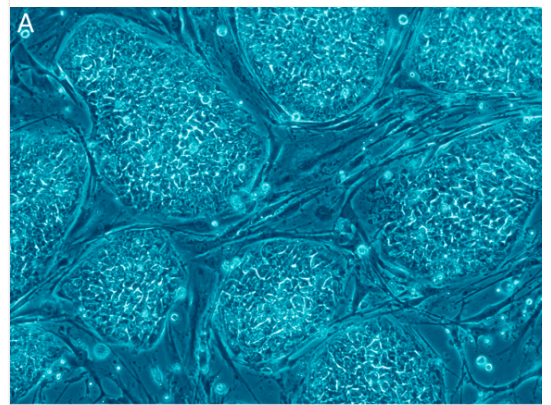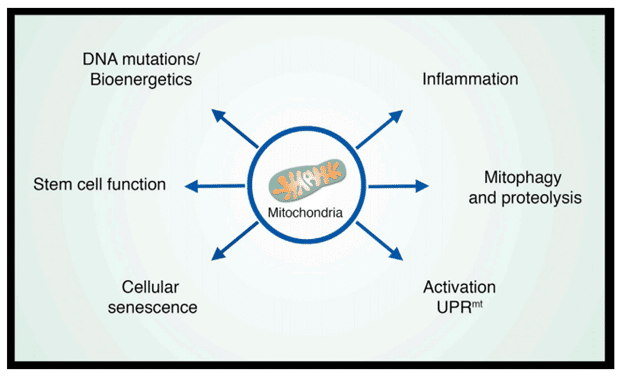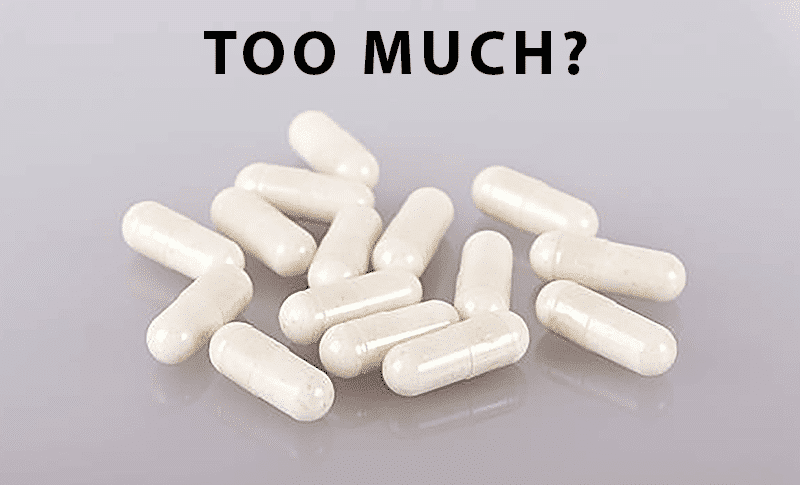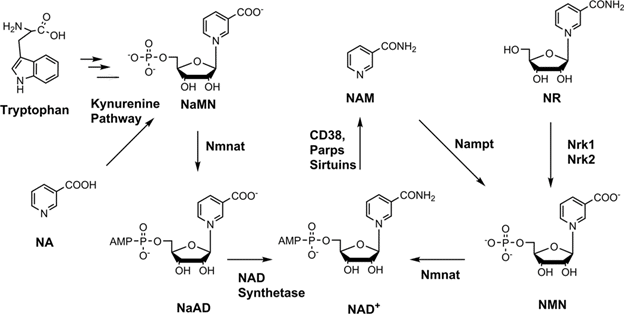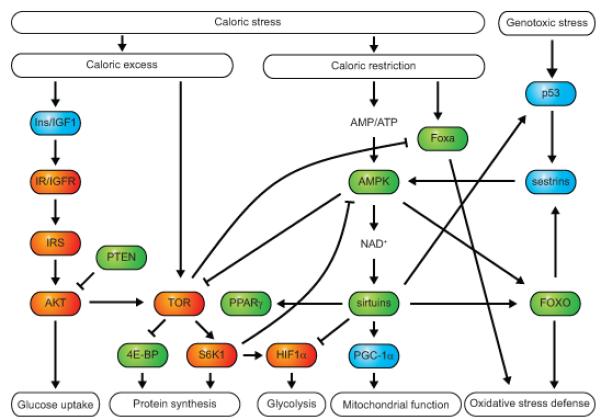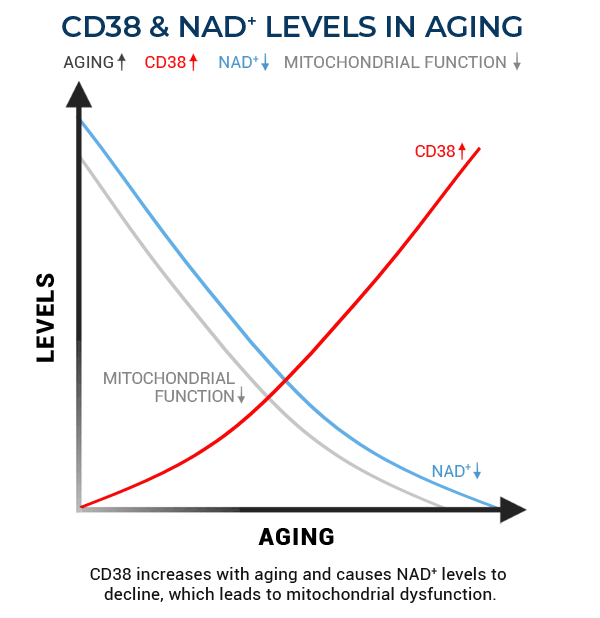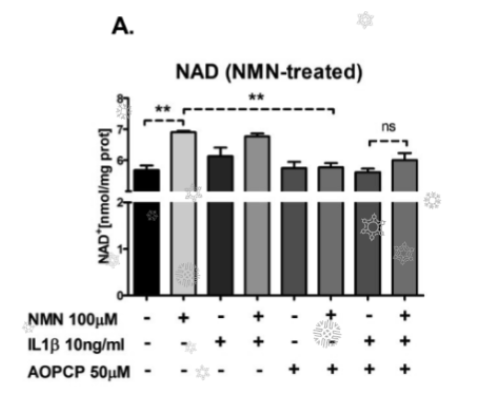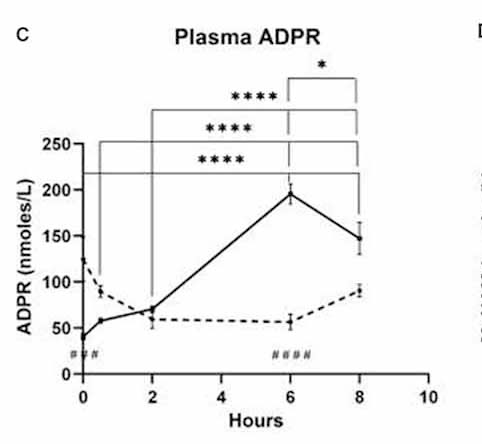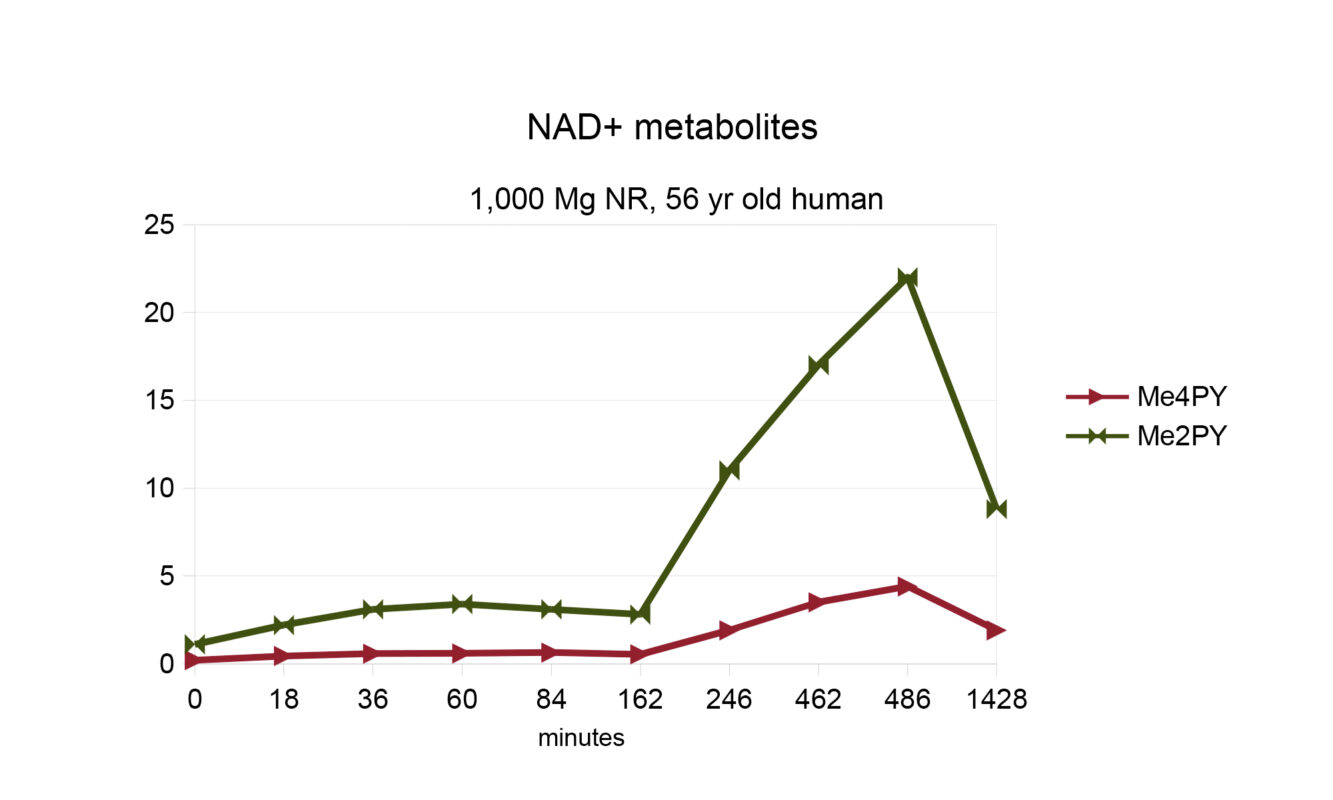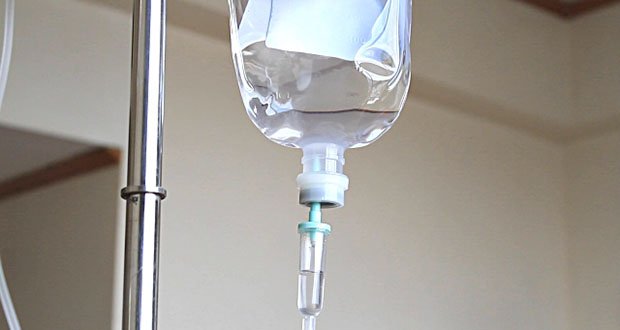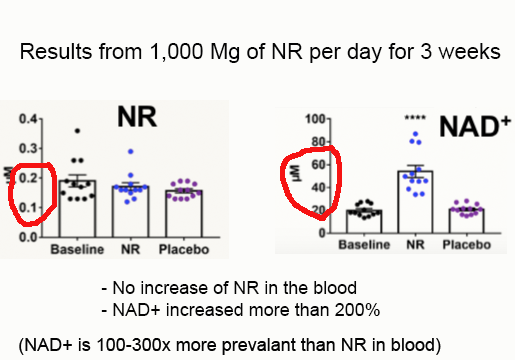Stem cells – the source of tissue homeostasis In human tissue, there are various highly differentiated cells specialized to perform distinct functions. For example, there are red blood cells for oxygen delivery, muscle cells for movement, neural cells for signal transduction, etc. These cells are vital for life but they are also prone to various […]
Category Archives: NAD+
TMG – the Insurance Policy Against Loss of Methyl Groups TMG is one of the most important ways to restore methyl groups because as the name implies, it has three methyl groups to donate. “The reason I take glycine, specifically trimethylglycine is to counter what I think may be going on with an NAD+ booster”… […]
Mitochondria – More than Powerplants in Cells Mitochondria are the large organelles that exist in most human cells. They are the critical organelles that generate ATP through the respiratory chain and produce the intermediate metabolites that are essential to various cellular processes. During aging, the respiratory chain losses its efficacy and the membrane of the […]
If not protected, NMN and NR supplements are almost entirely degraded to NAM (Nicotinamide) before reaching tissues beyond the liver. While NAM is beneficial for many health conditions, excessive NAM levels can be detrimental to your health. “high doses of NAM can cause genomic instability, reduce cellular methyl pools, and cause insulin resistance through methylated […]
NAD+ Precursors and Healthy Aging Nicotinamide adenine dinucleotide (NAD+) is a coenzyme found in all living cells. It is a critical coenzyme for energy metabolism and also serves as the substrate for enzymes such as the sirtuins. One of the hallmarks of aging is declining cellular NAD+ levels. Moreover, many studies carried out in different […]
Overview Currently, available evidence strongly supports the idea that anabolic signaling (the signal that promotes growth and proliferation) accelerates aging, and decreased nutrient signaling extends longevity (Fontana et al., 2010). Further, a pharmacological manipulation that mimics a state of limited nutrient availability, such as rapamycin, can extend longevity in mice (Harrison et al., 2009). In […]
CD38 Deficiency Alleviates Ang II-Induced Vascular Remodeling By Inhibiting Small Extracellular Vesicle-Mediated Vascular Smooth Muscle Cell Senescence In Mice (Lu Gan, June 2021) In this study, researchers investigated the impact of NMN supplementation and CD38 inhibition on the cardiovascular function in mice. Declining NAD+ levels are a major contributor to cardiovascular disease in mice. It […]
This recent study found that in endothelial cells, the extracellular conversion of NMN to NR by CD73 enzyme in the cell membrane is a key mechanism to maintain intracellular NAD+ Reversal of endothelial dysfunction by nicotinamide mononucleotide via extracellular conversion to nicotinamide riboside Like prior studies (1), they found that this transport method did not […]
Much of the attention on the benefits of restoring NAD+ levels focus on its role in activating sirtuins. However, scientific research shows that NAD supplementation has a clear beneficial effect not only on ageing itself but also on a vast range of age-related disorders through improving the levels of ATP. Declining ATP as we age […]
The single oral administration of NMN was safe and effectively metabolized in healthy men without causing any significant deleterious effects. Thus, the oral administration of NMN was found to be feasible, implicating a potentialtherapeutic strategy to mitigate aging-related disorders in humans.
This study was just published that documented changes in plasma and urine levels of NAD+ and its metabolites during and after 750 mg NAD+ intravenous (IV) infusion. A Pilot Study Investigating Changes in the Human Plasma and Urine NAD+ Metabolome During a 6 Hour Intravenous Infusion of NAD+ Surprisingly, no change in plasma (NAD+) or […]
Restoring NAD+ levels in older animals and humans is at the center of efforts to slow or even stop the effects of aging. One method being researched is providing supplements such as Nicotinamide Riboside (NR) that the body can use to create NAD+. The chart above is from this study published in August 2019 by […]

